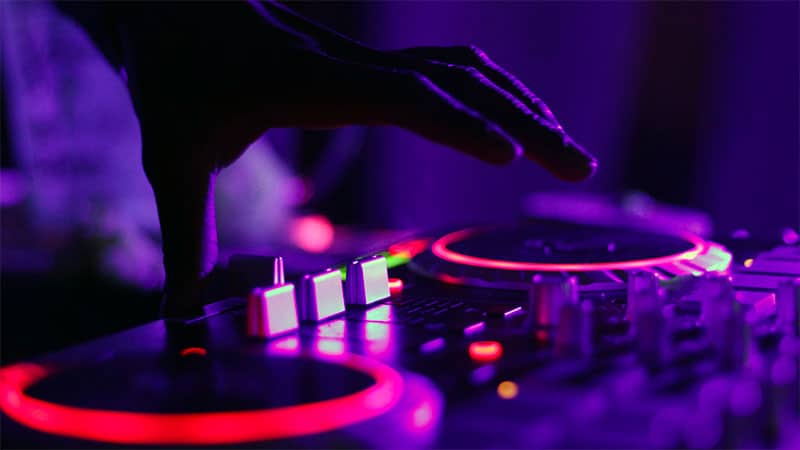If you want to turn writing music from a hobby into a career, then you need to ensure that your work is fully copyrighted. Every musical artist needs to know about copyrights and what advantages they provide for you, because legal issues can quickly get out of hand if you don’t know what you are doing. However, keep in mind, we are not acting as lawyers or intending to give legal advise. The following is for informative purposes only.
First, copywriting your music gives you access to these six things: you can reproduce the work, make derivatives from it, distribute copies for sale, perform it publicly, display it, and perform it through audio transmission/record it.
Now, once you have written down and created your music, you technically have copyright over it, but you should still register your music with the US Copyright Office.
This allows you to have an “official” copyright of your work, and also puts everything in writing. If you and your bandmates start to have a dispute over who should be getting what royalties or who owns the specific piece of music, you can refer to Heer Law for assistance.
As An Indie Musician, You Control The Copyright
If you don’t have a massive label or company backing up you and your music, then you are the one in control of your copyright. Making sure that you do everything you can to control your music and make the copyright as ironclad as possible is your responsibility, and it can help you make the most money from your music.
There are two types of copyright in the music industry. One is the sound recording, which is the ownership of the recording and the music itself, while the composition copyright is the ownership of the song, or the music and lyrics themselves.
Owing your own copyrights is super important, especially should it come to taking legal action with your music. If it’s ever stolen or plagiarized by another artist, proving your registered copyright claim will be your ultimate defense.
However, it’s important not to wait to register it as it may be harder to prove your works were stolen. Not registering through the US Copyright Office could cost you the lawsuit.
Copyright Helps With Royalties
If you the copyright to your music, you receive the royalties from it. A royalty is a payment made to the copyright holder in order to use their music for profit. You could earn money through placement in TV shows, films, commercials and even performance royalties through radio and bars.
If you have the copyright, then you can get the royalties whenever your piece of music is used. If you write a popular song, you could get paid pretty well for it if your name is on the copyright registry.
Copyright What You Can, When You Can
While it might seem weird to go through the process of copyrighting every song you produce, you never know when you will need to defend your music in court, or whenever one of your songs becomes a big hit and you need to start collecting royalties.
So make sure to apply for copyright and keep in mind as you are writing your songs and going through the process of becoming a big music star!



